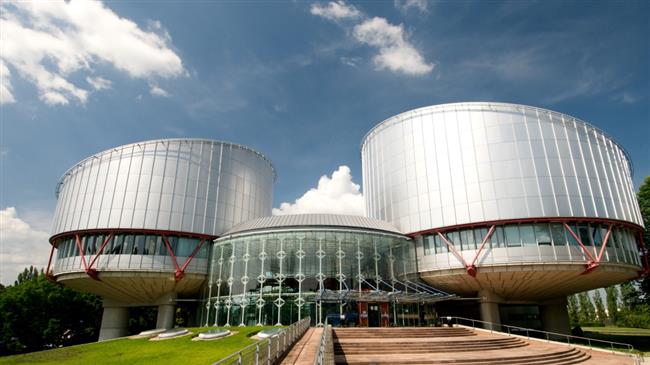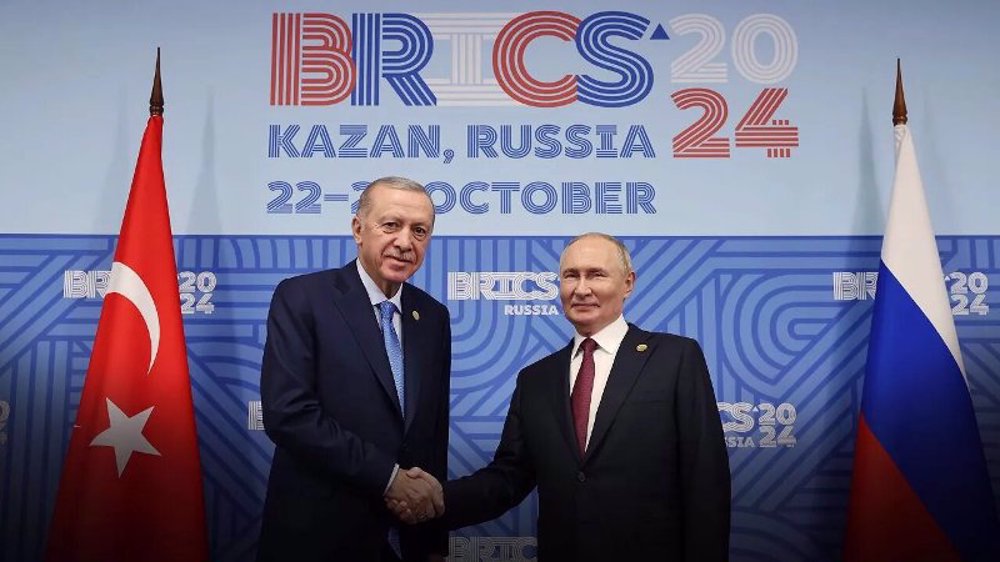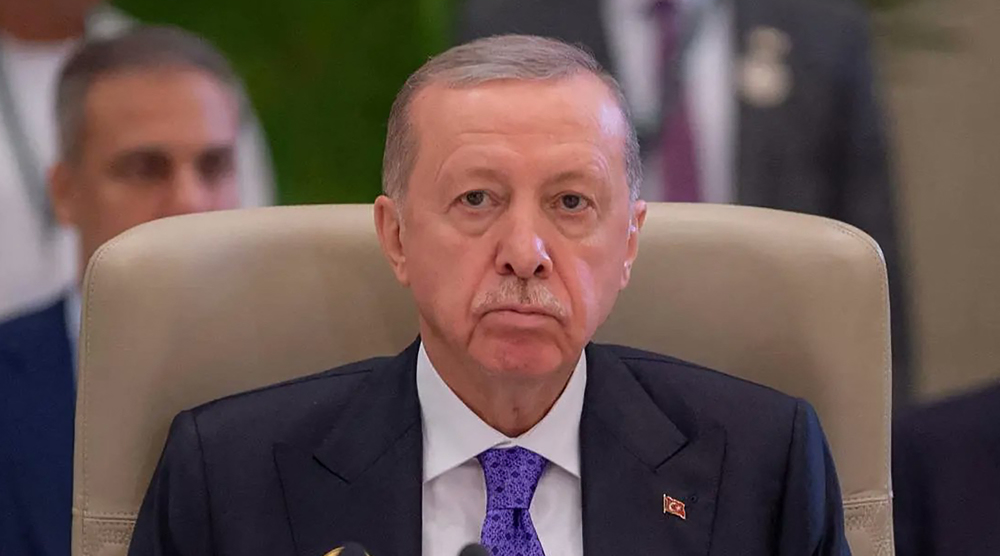Hundreds of Turkish judges, prosecutors want cases heard by Europe’s rights court
Over 500 jailed Turkish judges and prosecutors have applied to have their cases heard at Europe's top rights court after their alleged involvement in the July 2016 coup attempt against President Recep Tayyip Erdogan, which the Ankara government blames on US-based opposition cleric Fethullah Gulen.
The European Court of Human Rights (ECHR) said on Monday that it had notified Turkey on May 17 of applications from 546 judges and prosecutors protesting their provisional detention orders.
The legal professionals lodged unsuccessful appeals with the Turkish constitutional court and the criminal proceedings against them were still ongoing, the Strasbourg-based court added.
The ECHR said Ankara can now give its observations in writing. The court will then decide if the cases are admissible and give rulings in the coming months.
The plaintiffs, who were suspended, detained and then arrested in pre-trial detention on charges of being members of the Gulen group, have based their applications in particular on article 5 of the European Convention on Human Rights concerning their right to security and liberty.
The crackdown that followed the coup bid has led to a vast backlog of Turkish cases at the ECHR as applicants run out of legal options in Turkey.
Turkey is a member of the Council of Europe (CoE), the pan-European rights body of which the ECHR is part. The CoE has expressed concern in the past that the court is being swamped by Turkish cases.
ECHR rulings have frequently angered Turkey notably in November last year when it called on Ankara to release jailed Kurdish leader Selahattin Demirtas.
During the botched putsch, a faction of the Turkish military declared that it had seized control of the country and the government of Erdogan was no more in charge. The attempt was, however, suppressed a few hours later.
Ankara has since accused Gulen of having orchestrated the coup. The opposition figure is also accused of being behind a long-running campaign to topple the government via infiltrating the country’s institutions, particularly the army, police and the judiciary.
Gulen has denounced the “despicable putsch” and reiterated that he had no role in it.
Turkish officials have frequently called on their US counterparts to extradite Gulen, but their demands have not been taken heed of.
Turkey has been engaged in suppressing the media and opposition groups suspected to have played a role in the failed coup.
Thousands of people have been arrested in Turkey on suspicion of having links to Gulen and the failed coup. More than 110,000 others, including military staff, civil servants and journalists, have been sacked or suspended from work over the same accusations.
The international community and rights groups have been highly critical of the Turkish president over the massive dismissals and the crackdown.
Pezeshkian to US, Europeans: You are killing women, children
VIDEO | COP29: another climate failure?
ICC issues arrest warrants for Netanyahu, Gallant for war crimes
Israeli strikes kill 88 Palestinians in northern Gaza
American voters plainly rejected complicity in Gaza genocide: Iran FM spox
ICC should issue more arrest warrants for Israeli authorities over Gaza genocide: UN expert
Israel using AI weapons co-produced by India in Gaza genocide: Report
Israel issues new evacuation orders, shortly launches strikes on southern Lebanon











 This makes it easy to access the Press TV website
This makes it easy to access the Press TV website